Special issue on food safety in South East Asia
Résumé
Food safety is mobilizing academics and professionals in South-East Asia (SEA) as it is not only important for the health of Asian consumers but also for exports. This domain is thus a priority for ASEAN as well as in the European strategy to control its importation.
The project “Universities as key partners for the new challenges regarding food safety and quality in ASEAN” (AsiFood) is a European Erasmus + Capacity building project aiming at improving food safety in SEA through an improvement of the training of academics and professionals (from companies or from evaluation or policy making structures). This project, coordinated by the French Institut Agro, involves universities from Cambodia, Thailand and Vietnam in SEA and academic partners from Europe (Austria, Belgium, France and Italy). During 3 years, the various partners have combined their strength to analyse the situation concerning food safety in the Asian countries to find out gaps to be filled in order to improve skills of the actors active in food safety. This project has been carried out in parallel with another Erasmus + project aiming at training on food processing and quality: NutriSEA and with a French Isite-BFC-ANR project analysing how food was provided to cities: FoodToC. Capacity Development in Food Safety enables stakeholders from farm to fork to perform their functions and responsibilities in ensuring safety and quality of food for domestic consumption and export. The project has been an opportunity to enhance not only North-South but also South-South interaction between academics and professionals working on food safety. Thus, this special issue proposes to present works in which partners of the project have been involved or related to this field. It encompasses analyses of food control systems in some SEA countries or on a specific domain like antibiotic resistance, analyses of products or production systems, techniques of analysis and biopreservation solutions to improve the safety.
